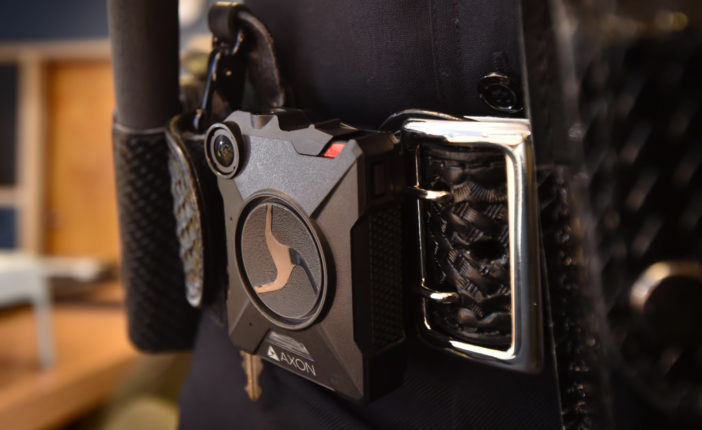Two significant laws go into effect in 2019 that will greatly impact police departments across California. The first is AB-748, which requires police agencies to publicly release body camera footage of officer-involved shootings and major uses of force within 45 days of the incident, unless the release would interfere with an ongoing investigation. Cases where there is a delay will most often be those in which there is a likelihood of prosecution of either the suspect or the officers involved.
Cities, including Sacramento and most recently LAPD, have already been releasing video footage from officer-involved shootings prior to the law taking effect. This practice brings California in line with what has been occurring in many states across the country.
The Las Vegas Metro Police Department is the most responsive agency I’ve seen. Body camera footage is released within 72 hours after an officer-involved shooting. The agency releases detailed narratives with every video and includes details often usually only found months later in investigative reports.
With all their graphic detail and depictions of violence, the videos will certainly feed news stations and social media feeds with more infotainment. No thought was given to how this will impact the families of those involved. What shows up on the internet stays forever.
The second piece of legislation is SB-1421, where personnel files of officers accused of sexual assault, those who discharged a weapon or caused great bodily injury, or those who are accused of lying, perjury, or serious dishonesty can be released to the public.
My own experience is officers with sustained findings of sexual misconduct, perjury, lying, and extreme excessive use of force are usually terminated. I don’t think any department would keep an employee under these circumstances. In most of these cases the investigations are referred to the District Attorney’s office for review and possible prosecution.
Police officers will no longer have the same rights as other citizens to have their personnel files kept confidential.
The unintended consequence of more transparency is the amount of work hours that will have to be utilized to meet the requests. In most cases, witness/victims’ names, addresses, and other private information will have to be redacted. This requires reviewing all the documentation and is labor intensive. In cases where video is released, the faces of witnesses and involved parties will have to be blurred and pertinent sound bites involving private information will have to be bleeped out. Again, a labor-intensive process.
The legislation included no funding for implementation, so agencies will have to reassign personnel or hire additional staff in order to deal with the expected requests. Agencies don’t yet know how many requests there will be. Only time will tell.
Given my experience, I think most people will be reassured that police departments have been doing a great job investigating personnel cases and taking the appropriate action when needed. Under the new law, the public will have the ability to look behind the curtain and get a first hand look at these investigations in all their salacious detail and graphic violence.
Just remember, you can’t judge an entire profession based on the actions of a few.
Joe Vargas is a retired police captain.
 Behind the Badge
Behind the Badge



